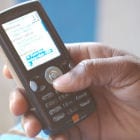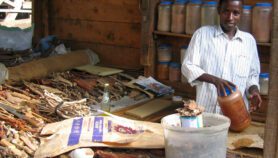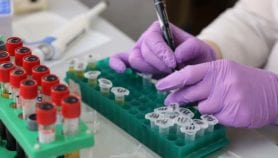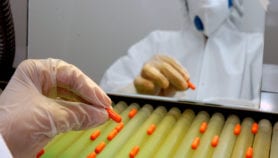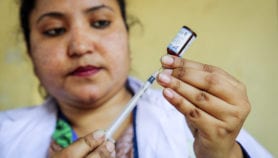By: Aimable Twahirwa
Send to a friend
The details you provide on this page will not be used to send unsolicited email, and will not be sold to a 3rd party. See privacy policy.
Researchers in six African countries can now better protect their rights and benefit from the commercialisation of their research as a result of a project to improve their countries' capacity to address intellectual property issues.
Researchers from 22 health and medical research institutes in Cameroon, the Central African Republic, Chad, Equatorial Guinea, Gabon and the Republic of Congo have benefited from a three-year project to build an intellectual property 'hub' through which they share resources to process patent applications and commercialise research results.
The project — the Virtual Communal Intellectual Property Service (SECOVIPI) project — was initiated by the World Intellectual Property Organization (WIPO) and the Geneva International Academic Network (GIAN).
The hub offers shared training, advice and support in patent drafting, licensing and technology transfer, intellectual property and health research management and marketing.
The project has led to a Gabon research institute filing patents for cancer-fighting extracts and compounds derived from vegetables such as onion, pepper and tomato, according to Innocent Twagirayezu, former head of patents in Rwanda's Ministry of Commerce, Industry, Investment Promotion, Tourism and Cooperatives.
Twagirayezu said that four more patent applications from these countries were expected soon.
In a related move, WIPO announced this week (9 October) that Angola has joined the Patent Cooperation Treaty, which allows participating countries to file international patents.
African countries have been slow to sign up to the treaty, as it requires signatories to have a comprehensive regulatory and legislative framework.
Last month, WIPO member states agreed to focus more on the intellectual property needs of developing countries (see WIPO recognises developing world rights).
Twagirayezu told SciDev.Net that researchers can now file international applications cheaply using the treaty's own software. A patent office in the developed world then carries out an investigation to find out the likely merits of the patent application, all before the researchers incur significant expenses.
In a project similar to that in Central Africa, WIPO and GIAN have also linked 12 research institutes in Columbia through an intellectual property hub.


